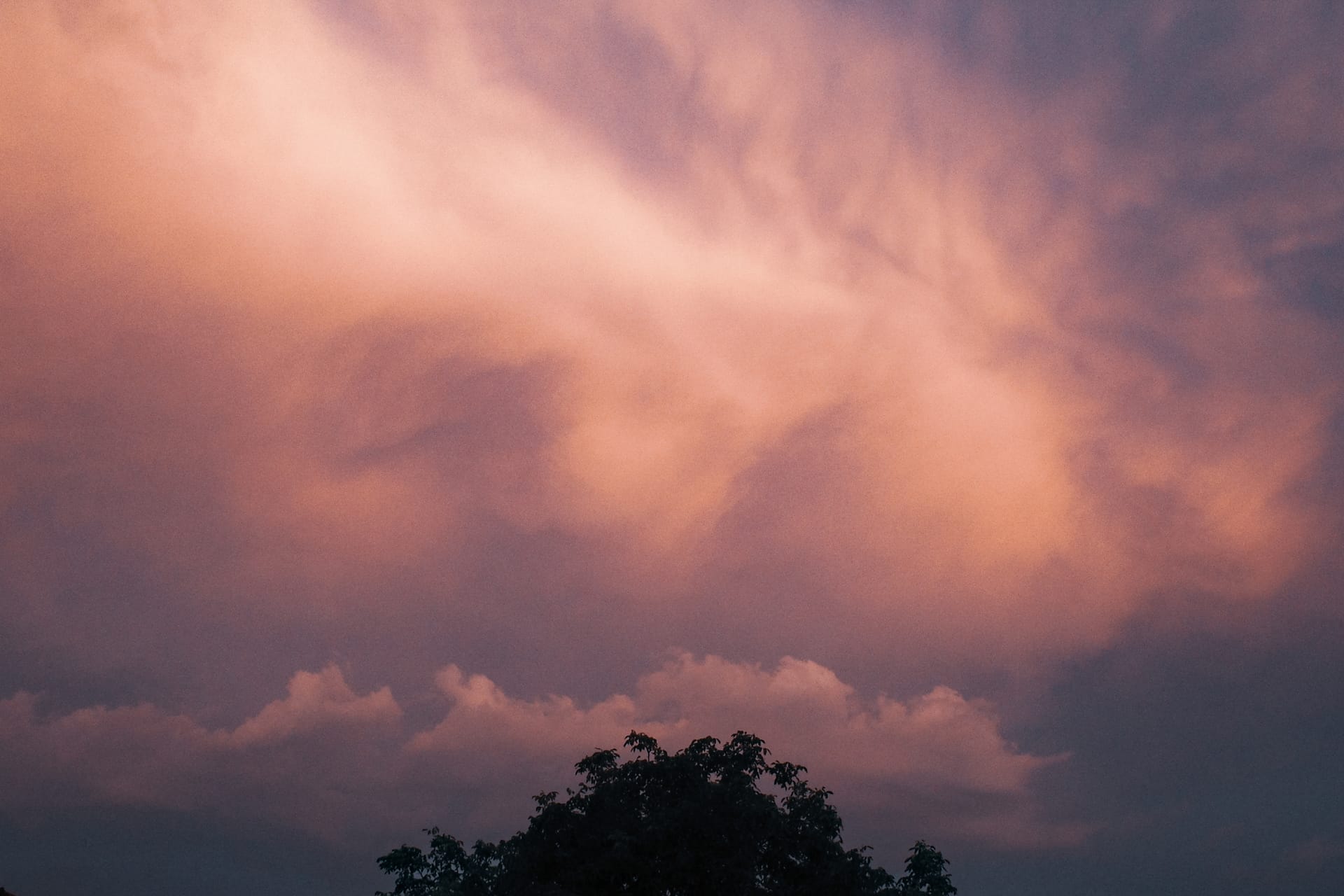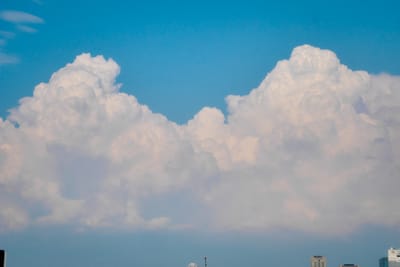Not My Pain: Part 1

Same Old Story Told by Fear
Not my pain.
Three words I could never quite hold. Not on the intellectual level, but the lived one.
All my life, as an unhealthy kind of empath (a person highly attuned to the feelings and emotions of those around them, and feels what other beings feel at a deep emotional level), I had absorbed the suffering of others—people, animals, even strangers in passing—and made it mine. I thought that was service. Serving others' pain and suffering was all I knew how to do. What it did instead was draw me into the gravity of despair, again and again.
Choosing joy felt selfish. How could I fill my heart with love in order to send it at the sight of emaciated dogs on the street, when barefoot men clothed in rags begged on burning asphalt, when children in Gaza starve in real time as I wrote?
So I sank. Depression came, predictably. Since childhood, my life has been a long wrestle with the questions: What is the point of all this suffering in life? What am I here to do, or learn about it?
By nineteen, I already felt I'd lived too long. That was when I turned to the dhamma. Out of necessity, not virtue.
A Recent Pivot
I had just come back from Bangkok, where I stood at a friend's funeral. He was gone at forty-seven, cancer. The second friend I'd cremated in four years.
At funerals, I watch the families. The way they endure. I imagine the way they cling to memories until the body is burnt to ashes. Love is never easy to set down. The bond. The attachment to the experiences and memories. The good times we shared. These are not easy to let go of. But we all will someday.
Back home, Bekki's limped worse than before. Her gait is uneven, her runs labored. The vet confirmed what I feared: a defective nervous system. Inbreeding is a predictable curse for the Bali stray dogs. No cure. Only pain management until her quality of life collapses, and then the choice to let her go.
Blunt. Brutal. Clear.
It hit me the way it had in April, when Wallie peed blood and the vet suspected rat poison and bladder stone that needed immediate surgery. I had left him behind for surgery without tears, only cried once I was home. My poor Wallie is so tiny and frail, and he had to go under anesthesia, and injections, and the pain. That was all I could think of. The worst-case scenarios. Same old story told by my fear.
This time, with Bekki, I managed one line in the vet’s office before the sky fell:
“You don't seem to have much hope.”
The vet shook her head. Her eyes filled.
The Downward Spiral
Driving home with Bekki, I drowned myself in the unknown future. Would the disease worsen fast? Would she turn aggressive, incontinent, unrecognizable? Would we have to put her down sooner than later?
The story of fear. The same one I've told myself all my life.
I couldn't stop catastrophizing.
That night I thought of those parents at hospital bedsides, the endurance it takes to witness a child's suffering. My friend's parents sat with him for a year before his body gave up. I still wonder how they endured the pain inside themselves, and how many of us have lost our loved ones every single day as a certain, fundamental part of our lives? I admired them, but I also feared becoming them.
In quieter moments, I caught myself asking: why am I so shaken when pain and suffering are an inevitable part of our lives?
I thought of the life mission Michel and I share: the mission of building a hospice. A place that does not turn away from suffering. A place where endings are given the dignity of meaning, and death is not a sterile corridor but a passage softened by acceptance. A place where we offer comfort and peace in their final moments before the last breath becomes air.
In that moment of desperation when I spiraled down into the fear and anxiety of the unknown future and myself, what do we know about pain and suffering? What do we truly understand about loss, or about the kind of strength required to sit at a bedside and not break apart?
Nothing.
Otherwise, I would not be shaken to the core by the diagnosis handed to me: that my rescued dog carries an incurable nervous disease.
The next day, I went for a run at the beach. Sat on the grass beneath the tree, watching the golden beam of sunlight under the vast open sky. I felt protected and was grateful for all the great things in life that I could access here.
Then I realized the mistake.
There were no facts, no examination, only projections and speculation. The vet herself was burdened—she ran a tiny clinic, overrun with rescues, the previous day's flood in Bali was still fresh in her eyes. She had seen dogs drown, cats swept away. Of course, she had no hope. I don't blame her.
But I had a choice. I could have paused and rechecked the fact (what do I really know), against speculation (her opinion), and the worst story I told myself from a place of fear (I am going to witness Bekki's pain and her deteriorated condition, and care for her, until we have to put her down).
I could have chosen not to spiral, but I didn't. I fell into that familiar trap again. I came home with a weak stomach that felt like it was collapsing, together with the coming end of the world. Only later, after gentle tears and ardent breath work, did I open my journal and write. Talking to myself. Talking to whatever higher self might still be listening, and eventually came to a realization.
Bekki has become my coach. My trainer. My guru. She made me realize that I am now taking her pain and making it mine. I didn't see the fear, the illusion that blinded me. I let the old habit of serving only the pain and suffering of others as my own, and let it tell me the never-ending story of fear and helplessness—again.
This is where I leave it for now. The second part will ask where these stories come from and how to break free from them. The challenge I (my Soul) overcame that led me to walk back from the stomach-collapsing fear into a place of peaceful acceptance.
I am at the end of the cycle, and I will never have to repeat it again.
Until then—be well.
No spam, no sharing to third party. Only you and me.






